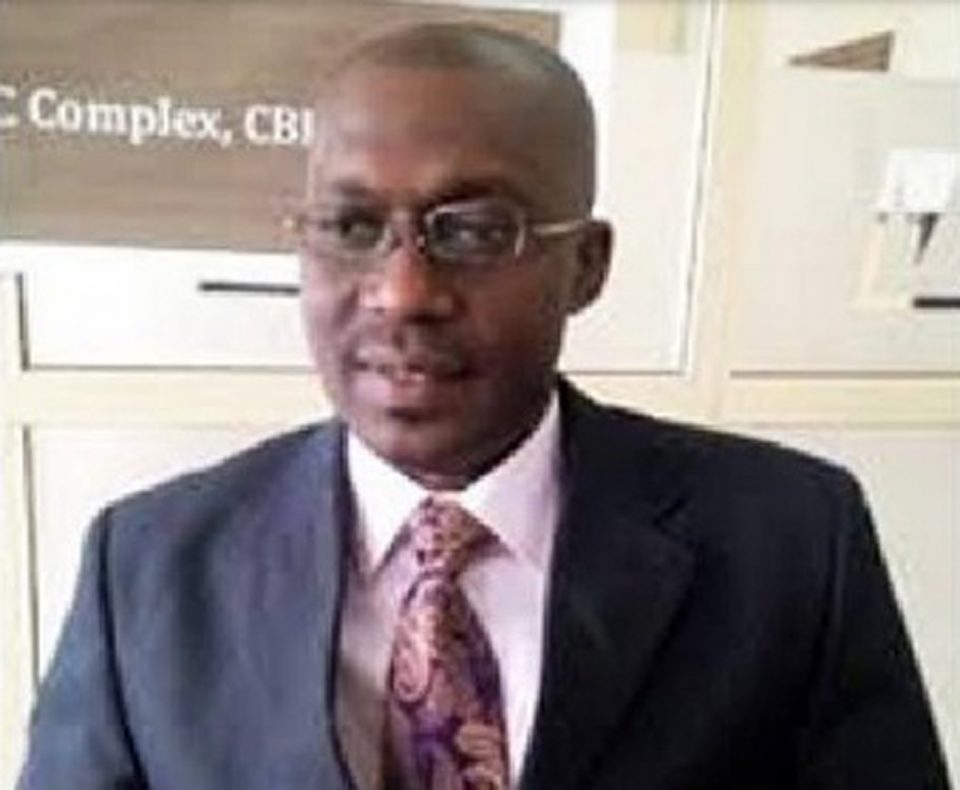*Welcomes 2023 Electricity Act
By Charles Okonji
The Manufacturers Association of Nigeria (MAN) has stated that it lost over ₦20.1 trillion in 2021 over shortage of electricity.
This was contained in a document made available to the press which was signed by the Director General, Mr Segun Ajayi-Kadiri.
According to him, “As the largest energy access deficit in the world, Nigeria’s shortage of electricity supply has been identified as a hindrance to the profitability of manufacturers with an annual economic loss valued at about N10.1 trillion or 2 percent share of the country’s GDP.
“The unfavourable situation has positioned the country among the worst countries to do business with a rank of 171 out of 190. Notwithstanding, the Electricity Act 2023, if well implemented, promises to be a major game changer for the manufacturing sector through some of the following favourable implications.”
Ajayi-Kadir stated that MAN embraced signing into law the new Electricity Act 2023, which is meant to be a game changer to address the numerous constraints within the sector.
“The assent of the Electricity Act 2023 on the 9th of June is a more crucial milestone for the operations in the power sector, sequel to the constitutional amendment signed during the last days of the Buhari-led administration which allows states to generate, transmit and distribute their own electricity.
“Electricity Act 2023 is aimed at providing an all-inclusive framework which will serve as a guide to the decentralization of the power sector in order to encourage private investment and build a competitive electricity market.
“States, private companies and individuals are now legally permitted to generate, transmit and distribute electricity.
“Power generation licensees are obligated to meet renewable energy generation as prescribed by the Nigerian Electricity Regulatory Commission (NERC). NERC will only surrender regulatory responsibilities to states with established electricity market laws. Without a license but an undertaking, the Act empowers any private individual or company to generate not more than 1MW in aggregate at a location.
“Subject to the determination of the NERC, private individuals or companies can sign an undertaking to distribute electricity of not more than 100 Kilowatts in aggregate at a location.
“The Act prohibits interstate or transnational electricity distribution. Generating companies are mandated to either generate or purchase electricity from renewable sources or procure instruments for generating renewable energy.
“The Act empowers legislative committees to carry out an oversight function over the NESI. Except for Lagos, Kaduna and Edo with established electricity market laws, electricity in other states will still be regulated by NERC.”
The DG noted that the adoption of renewable energy and the reformation of the governance structure of the power sector are capable of driving investment, improving electricity access and fostering economic growth.
He pointed out that the following recommendations must be considered to avoid truncating the potential benefits of the Electricity Act, “Tighten the security infrastructure as no investor wants to do business in a terrorized economy. Render legal, financial and technical supports to state governments yet to establish electricity market laws.
“State governments should partner with existing agencies and operators in the power sector as the costs of building new power distribution networks can render the investment less lucrative.
Streamline NERC and states’ regulations to avoid bottlenecks for multistate investors. Address the uneven distribution of gas to avoid delay in states’ execution of mega-power projects.
“While states concentrate on small confined democratized power supply systems, there is need to have in the pipeline a long-term plan of ensuring operational efficiency of the national grid. The success of the Act largely rests on its effective implementation. Therefore, new President should appoint a committed and incorruptible Minister of Power that has broad experience of the operations and politicking within the power sector.”


previous post


